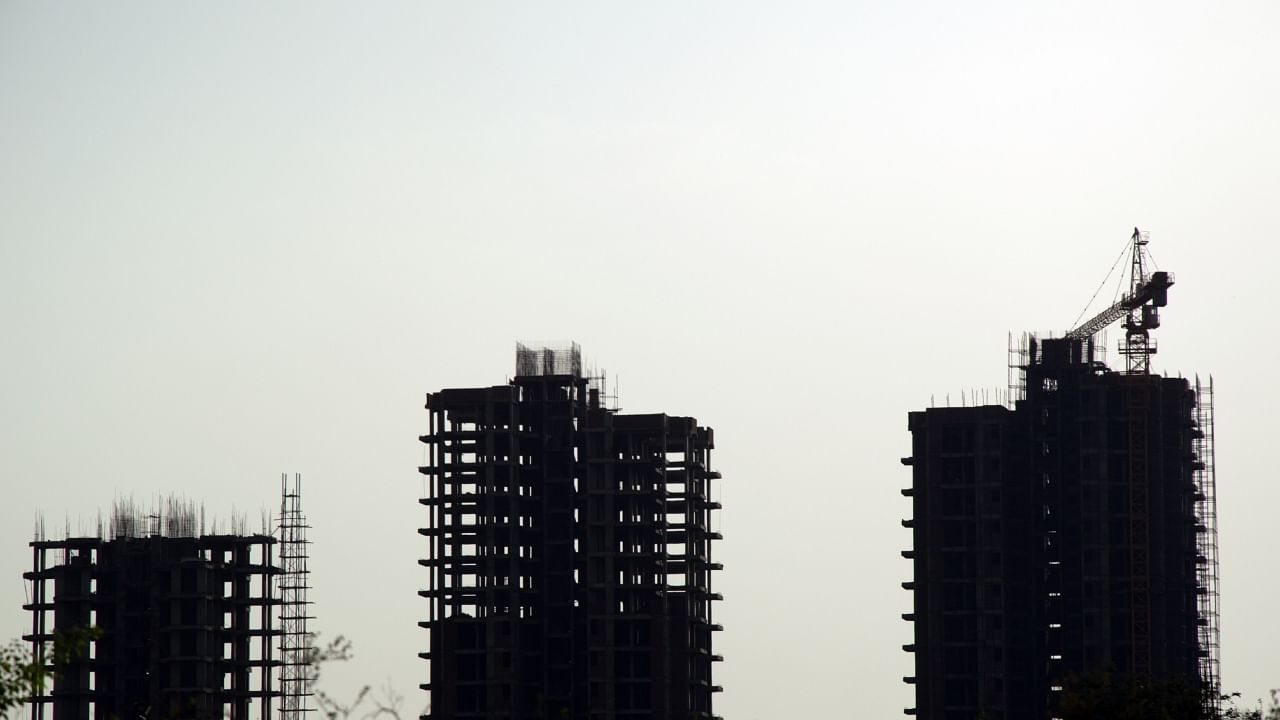
Housing prices in Delhi-NCR rose the maximum, by 16 per cent, in the January-March period among top eight cities on better demand and higher construction cost, according to a report by CREDAI, Colliers and Liases Foras.
Realtors' apex body CREDAI, real estate consultant Colliers and data analytic firm Liases Foras on Wednesday released their joint Housing Price-Tracker Report Q1 2023.
As per the report, housing prices across the top eight cities rose 8 per cent year-on-year (Y-o-Y).
Delhi-NCR saw the highest increase in residential prices at 16 per cent YoY, followed by Kolkata and Bengaluru with 15 per cent and 14 per cent YoY increase respectively.
The report mentioned that housing prices in Delhi-NCR have seen a steady rise since the last 11 quarters.
"Notably, Dwarka Expressway witnessed a significant price rise at 59 per cent YoY, largely led by opening of Central Peripheral Road and the loop connecting Dwarka expressway with NH-8," it said.
Housing prices in Golf Course Road, Gurugram surged 42 per cent YoY. The prices in Golf Course Road are now highest in the NCR region, surpassing the rates in Delhi.
As per the data, housing prices in Ahmedabad rose by 11 per cent YoY during January-March this year to an average rate of Rs 6,324 per square feet.
Bengaluru saw a 14 per cent increase in prices to Rs 8,748 per square feet, while Chennai witnessed a modest increase of 4 per cent to Rs 7,395 per square feet.
Prices of residential properties in Hyderabad appreciated by 13 per cent to Rs 10,410 per square feet.
In Kolkata, the housing prices increased 15 per cent to Rs 7,211 per square feet.
Housing prices in Delhi-NCR went up by 16 per cent YoY to 8,432 per square feet.
Pune saw an increase of 11 per cent in rates to Rs 8,352 per square feet.
However, the prices in Mumbai Metropolitan Region (MMR) fell 2 per cent to Rs 19,219 per square feet.
Pankaj Kapoor, Managing Director, Liases Foras expects moderate price rise going forward.
CREDAI President Boman Irani said, "despite the rise in housing prices, which is primarily owing to rising raw material costs and this consistent demand, we expect the strong momentum to continue as consumers have shown a clear appetite to buy new, bigger houses with better amenities – especially in the post-pandemic era."
Peush Jain, Managing Director (Occupier Services), Colliers India said the housing sector has remained resilient, offsetting the challenges posed by higher interest rates amidst global headwinds.
Increased preference for home ownership, relative affordability and quality supply are helping the growth in the housing sector, he added.